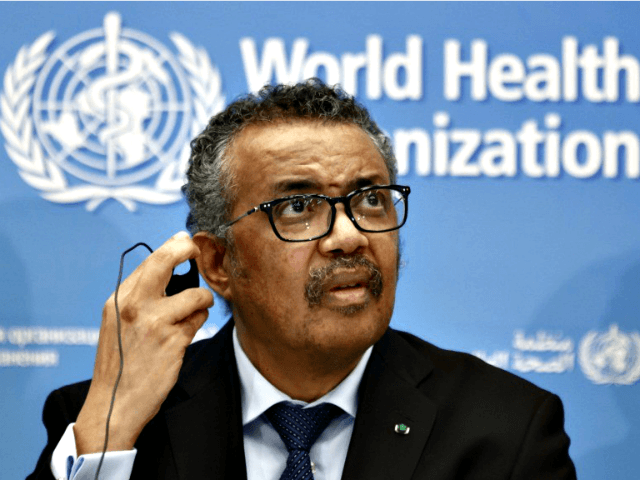The list of threats to humans around the world is long, from the comeback of diseases like measles, children mysteriously getting hepatitis, food and energy shortages, even deadly human rights abuses. But the United Nation’s World Health Organization (WHO) has been busy preparing a report on so-called climate change’s impact on mental health.
The report introduction reads:
The world faces an incredible climate crisis. Climate change exacerbates many social, environmental and economic risk factors for problems in mental health and psychosocial wellbeing. Yet, despite this impact, large gaps also exist in many countries between mental health needs and the availability and accessibility of the mental health systems and services to address them. In response to these challenges, WHO has developed a policy brief describing the interconnections between climate change and mental health and providing five key recommendations on potential approaches to address the mental health impacts of the climate crisis.
The editorial board at the Wall Street Journal wrote about what it calls the WHO’s “neurosis” over climate change:
The WHO has found a way to link climate change to every social problem under the sun. If rising sea levels, warmer temperatures, wildfires and hurricanes don’t destroy civilization, anxiety about apocalyptic predictions will.
The WHO says many young people report feeling “impairing distress,” perhaps due to alarmist news stories. “Various terms have emerged to describe these responses, particularly among youth affected by climate change, including climate change anxiety, solastalgia, eco-anxiety, environmental distress, ecological grief, and climate-related psychological distress,” the report says.
Maybe the WHO could do a public-health service by informing young people that the world isn’t doomed. Ah, but its goal is to persuade wealthy countries to give it more money. The WHO knows that mental illness has become a hot issue in the West in the wake of Covid lockdowns, which it supported. Now it sees a new opportunity to expand its brief, which could be a money-maker for decades.
The Journal says WHO should also try to fix its own issues, including losing credibility for its handling of the coronavirus pandemic and covering for the Chinese Communist Party by whitewashing an investigation into the origin of the virus.
Follow Penny Starr on Twitter

COMMENTS
Please let us know if you're having issues with commenting.